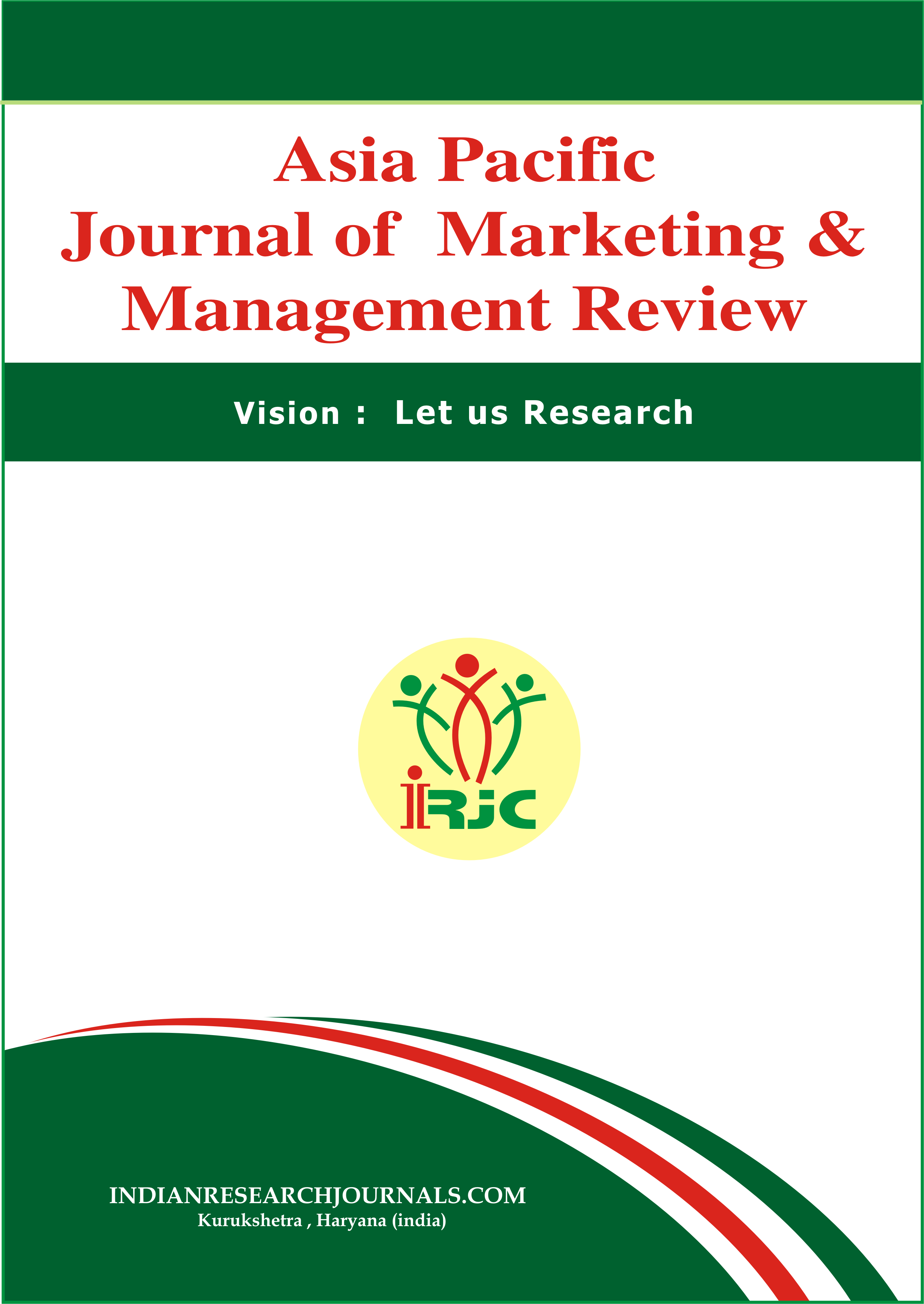COGNITIVE UNITS OF LANGUAGE IN MODERN RUSSIAN
Keywords:
linguistics, linguistics, cognitive linguistics, semantics, language, concept, basis, category, method, cognitive units of language.Abstract
Cognitive activity of a person is the subject of research in a number of sciences: philosophy, psychology, linguistics, logic, computer science, etc., and the questions that arise in this case have their roots in ancient philosophy. The founder of gnoselogy (the doctrine of cognition) is considered to be the ancient Greek philosopher from Ephesus Heraclitus (c. 544 - 483 BC). Distinguishing between sensory and rational cognition, he believed that cognition begins with the senses, but the truth is comprehended by the mind, for which sensory data must be processed accordingly by him. According to Plato (427-347 BC), a person has innate ideas that his soul absorbed before the birth of the body, and sensory-empirical experience gives only an impetus to their memory. However, he considered speech, reasoning (the logic of questions and answers), which lead to the truth, to be the main means of remembering.
References
Демьянков В. З. Когнитивная лингвистика как разновидность интерпретационного подхода // Вопросы лингвистики, 1994. № 4. С.17-33.
З.Д. Попова, И. А. Стернин "Когнитивная лингвистика" // М.: 1999. С. 137-139.
Кубрякова // Текст. Структура и семантика. - М.: 2001. - с. 72 - 81.
Ш.Н. Саминжонова Когнитивные Единицы Языка Как Объект Исследования Современного Русского Языка, Miasto Przyszłości 30, 124-125
Ш.Н. Саминжонова Изучение природы когнитивной лингвистики: предположения и обязательства, International scientific journal of Biruni 1 (2), 269-273
Saminjonova Sh.N. Modern approaches to the study of cognitive units of language // Ta’lim va rivajlanish tahlili ilmiy jurnali. Ташкент, декабрь 2021. - pp. 37-39
Numanovna, S. S. (2021). Research of Cognitive Units of Language on an Interdisciplinary Basis. International Journal of Development and Public Policy, 1(4), 24-26.
Downloads
Published
Issue
Section
License
Copyright (c) 2022 GEJournals

This work is licensed under a Creative Commons Attribution-NonCommercial-NoDerivatives 4.0 International License.





